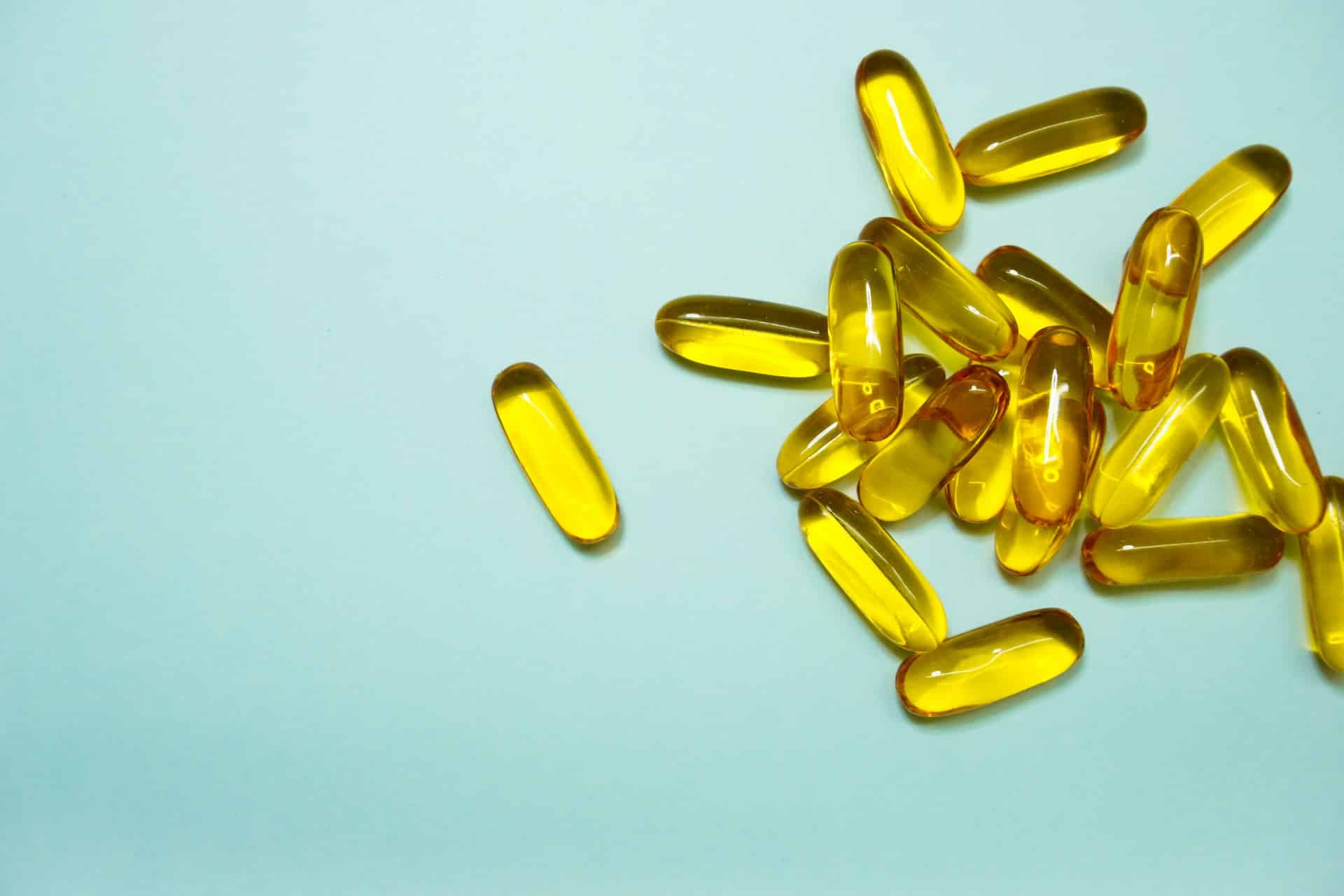When you think of maintaining peak physical condition, what springs to mind? A strict and varied exercise regimen? A balanced, nutrient-rich diet? These are key elements, of course. But you may be surprised to learn that omega-3 fatty acid supplementation — specifically those found in fish oil — may also play a significant role in promoting joint health, particularly in athletes who partake in high-impact sports like rugby.
The Potential Effects of Omega-3 Fatty Acids on Joint Health
Omega-3 fatty acids, particularly eicosapentaenoic acid (EPA) and docosahexaenoic acid (DHA), are critical components of a healthy diet. They can be found in abundance in fish and other seafood, as well as certain vegetable oils. Beyond their general health benefits, recent studies conducted by Google Scholar and PubMed have explored their potential role in promoting joint health.
En parallèle : What’s the Role of Social Media in Building Brand Value for Individual Athletes?
Omega-3 fatty acids are known to have potent anti-inflammatory effects. Inflammation is a common response to joint injuries, such as those often sustained by rugby players during matches and practice sessions. By helping to reduce inflammation, omega-3 fatty acids may potentially enhance healing and recovery in injured joints.
One study published by PubMed in 2023 explored the effects of omega-3 supplementation on athletes suffering from exercise-induced joint inflammation. The results indicated a significant reduction in inflammation and pain in the group that received the supplement, compared to the control group.
Lire également : Can Dynamic Visual Training Improve Reflexes in Ice Hockey Goalies?
Studying the Benefits of Omega-3 Supplementation in Rugby Players
Athletes, such as rugby players, often have unique dietary needs compared to the average person. The high level of physical exertion inherent in their sport places significant demands on their bodies, including their joints. As such, it’s essential to explore how targeted nutritional supplementation, like omega-3 fatty acids, can support their overall health and performance.
Rugby players are particularly prone to joint injuries due to the physical nature of the sport. According to a study indexed by Crossref, rugby players are among the professional athletes most at risk for joint-related injuries. This makes them a relevant group for investigating the potential benefits of omega-3 supplementation for joint health.
In a study available on Google Scholar, rugby players were given a daily supplement of fish oil containing a high concentration of EPA and DHA. The study found that the players reported decreased joint pain and improved mobility during their performance.
Omega-3 Fatty Acid Supplementation: Practical Considerations for Athletes
While the research into omega-3 fatty acid supplementation and joint health is encouraging, it’s important to consider how this translates into practical applications for athletes.
Firstly, it’s essential to consider the optimal dosage. Most studies have used daily supplementation of between 1 and 3 grams of omega-3, but this can vary depending on individual health factors and dietary intake of these fatty acids. It’s always advisable to consult with a healthcare professional before starting any new supplement regimen.
Secondly, while omega-3 fatty acids can be obtained through diet, athletes may benefit from taking a concentrated supplement. This is due to their increased nutritional needs and the fact that it can be challenging to obtain sufficient quantities of these fatty acids through diet alone.
Omega-3 Fatty Acids: A Tool in the Athlete’s Nutrition Arsenal
While it’s clear that more research is needed to fully understand and quantify the potential benefits of omega-3 fatty acid supplementation for joint health in athletes, the existing studies have shown promising results.
It’s important to remember that omega-3 supplementation isn’t a magic solution. Rather, it should be considered as part of a holistic approach to health and performance optimization for athletes. This includes a balanced and nutrient-dense diet, a well-structured training program, adequate rest, and recovery, and regular medical check-ups.
As research in this area continues to evolve, athletes, coaches, and health professionals should stay abreast of the latest findings. This will allow them to make informed decisions about the role of omega-3 fatty acid supplementation in supporting joint health and overall performance in athletes.
The Association of Omega-3 Fatty Acid Supplementation and Muscle Soreness Amid Rugby Players
The physical exertion and high-intensity training typical of rugby can often lead to muscle soreness and joint-related injuries. Recent studies accessible through Google Scholar and Crossref have delved into the potential benefits of EPA DHA, vital components of omega fatty acids, in reducing muscle soreness in athletes.
Muscle soreness is a typical response to intense exercise and can be particularly pronounced in rugby players. This discomfort can not only affect the athlete’s performance but also their recovery and long-term health. Interestingly, omega-3 fatty acids found in fish oil have been observed to alleviate muscle soreness and expedite recovery in athletes, according to a study referenced in PubMed.
A 2023 PubMed article explored the efficacy of omega-3 fatty acid supplementation in reducing exercise-induced muscle soreness among athletes. The study reported a significant decrease in muscle soreness among those who received the supplement, compared to a control group. This suggests that, in addition to promoting joint health, omega-3 fatty acids may also play a crucial role in muscle recovery and pain management.
While the study’s results are compelling, it’s necessary to consider the daily dosages used. Most participants were given a daily supplement containing between 1 and 3 grams of omega-3 fatty acids. However, these dosages can vary based on individual health factors, and it’s recommended to consult a healthcare professional before starting a supplementation regimen.
The Role of Omega-3 Fatty Acid Supplements in Minimizing Oxidative Stress and Promoting Skeletal Muscle Health
The high level of physical exertion associated with sports like rugby can lead to oxidative stress, which can adversely affect an athlete’s health and performance. Omega-3 fatty acids, particularly docosahexaenoic acid, are known for their antioxidant properties, which can help combat oxidative stress in athletes.
Oxidative stress is a state where the body’s antioxidant defenses are overrun by the production of free radicals, which can cause damage to cells, proteins, and DNA. High-intensity exercise, such as rugby, can exacerbate the production of these harmful molecules. However, a PubMed article suggests that omega-3 fatty acid supplementation may help neutralize these free radicals, thus reducing oxidative stress and promoting overall health and performance.
In addition, omega-3 fatty acids, particularly docosahexaenoic acid (DHA), are critical for skeletal muscle health. Skeletal muscles are those that directly or indirectly attach to the body’s skeleton and are responsible for movement and maintaining posture. A study referenced in Google Scholar suggests that DHA supplementation can enhance skeletal muscle function and repair muscle damage induced by strenuous activity.
While these results are promising, more research is needed to establish a recommended dosage of omega-3 supplements for athletes. Also, athletes should consult a health professional before starting a new supplement regimen to avoid potential side effects.
In Conclusion: Omega-3 Fatty Acids, A Potential Ally for Rugby Players
The potential benefits of omega-3 fatty acid supplementation for rugby players are becoming increasingly clear. From minimizing inflammation and muscle soreness to combating oxidative stress and promoting skeletal muscle health, these supplements could be a valuable addition to an athlete’s nutritional arsenal.
However, it’s crucial to remember that these supplements should not be seen as a magic solution but rather as part of a comprehensive approach to health and performance optimization. This approach should include a balanced and nutrient-dense diet, a structured training program, adequate rest and recovery, and regular checkups with healthcare professionals.
As we continue to explore the potential benefits of fish oil supplementation for rugby players, it’s vital for athletes, coaches, and health professionals to stay updated with the latest findings. This will allow them to make informed decisions about the role of omega-3 fatty acids in supporting overall health and performance in the demanding world of rugby.






